When my body was accessed, it was found I had a serious weakness on the left side of my body. Most people have a weakness but mine was severe. I had fine motor control problems that were troubling, and a very limited range of motion. I also had a lot of leg pain, dizziness, and chest/throat pain whenever I tried to do cardio. My balance was absolutely terrible. I also had scoliosis which was cause some muscle and skeletal strain on my body.
My fitness journey started out slow. My merwrangler Sean had been going to the gym since he was a teenager, so I decided to start going with him. I got myself a personal trainer and put her in contact with my doctors. I was seeing a physical therapist, getting massage, and doing training every second day. It wasn't easy at first. I'd never been to a gym, I was very uncoordinated, and thanks to medication I really didn't see any results. But my doctor assured me it was helping.
Fast forward 7 years (I'm serious!) and things have changed for the better. I'm much stronger, coordinated, balanced, and toned. I lost 15lbs too. Medication had a lot to do with some of my symptoms and once I got healthy I really started noticing changes at the gym. Addressing my health conditions helped too.
| So what do I do every day to stay in shape? I try to go to the gym every 2-3 days. I try to go for at least an hour but sometimes with my pain I only last 45 minutes. I work different muscle groups but I tend to do certain patterns. Cardio is really important to swimming. It builds up your stamina which in turn helps your breath hold! I start with cardio. I do 30 minutes or burn 500 calories. Whichever I get to first. It loosens up my joints, gets my blood flowing, and gives me a good kick of energy to use the other machines. I currently do most of my cardio on this type of machine on the left. It's one of the more expensive cardio machines but it puts less stress on your joints and burns more calories. It's like an elliptical but as more of a range of motion and your legs move more like you're taking a long stride run. I really like it. It's called an adaptive motion trainer, or you may find variations of it. |
| After my cardio, I move on to the machines. Now, mermaiding can be very hard on your hips and if you're female, your pelvic floor. The undulating motion moves things around, and it's easier than you'd think to displace your hip or pull a muscle in that general area. So I use these machines to work my hips, and they also help your pelvic floor. I start with the hip abduction machines. Mermaids may find themselves gaining a lot of hip pain after sitting still in a tail so long. Also, our legs aren't meant to be that pressed together. Even when you're swimming it is very hard on your hips. You may find your hips, lower back, and even inner thighs sore after a long gig or swimming session. These machines help with that.You cant push yourself too hard. Or you will pull some muscles. I usually do two sets of 15. You don't want to strain to the point your legs are shaking. Keep it simple. Do both machines so you work the inside and outside of your hips. |
| I also do crunches but sometimes working the ab machines is good too. You use your abs a LOT when mermaid swimming and when posing. You want them to be strong! I find the follow machines the machines on the left the most effective. You don't always need a machine. For me with my illnesses, doing the usual situps or crunches really hurts my pelvic floor. so I have to find other ways of strengthening my abs. I do yoga to help with this which we'll get into in a moment. There are different variations of the ab machines. Try one to see which feels best for you. |
| I also do free weights. You don't necessarily need a lot of arm strength to be a mermaid because when swimming properly your arms don't do much of the work! But I like to keep mine toned, and also many of the machines work your pecks and back at the same time. In addition to free weights, I use these machines on the left. I also use a few others I couldn't find photos for. But there is one that is an assisted chin up and dip machine. It has really helped me tone that flab under my armpits and made it stronger for when I am swimming. |
I have a few favourite poses that I feel help mermaids specifically: table, cat, and dog pose are great for your tail bone, spine, and pelvic area. Also good for stretching that neck which you'd be surprised how often you "lead with your chin" during mermaid swimming. The cobra pose is a very similar pose to what we do when we're posing with our flukes in the air. It can be tricky, I do a modified version of it. But it helps. The camel pose also helps with my lower back but I tend to do a modified version of it too. I also feel that because we keep our legs so tightly together during mermaid swimming that it's important to open them up. Variations on the goddess and warrior poses have really helped that for me.
Part of my yoga class includes meditation. Meditation is a great stress reliever so I believe it's good for everyone. But for mermaids who want to work on their breath hold, meditation can provide a focal point. I've actually created a guided meditation a few months ago. You can listen it to below. Consider it an introduction to guided meditation if you've never tried it before. You can find a guided meditation for pain, for better sleep, for anxiety...for just about anything!
Firstly, it's important to be hydrated before swimming. This can be tricky because no one wants to have to pee while in a tail- what a hassle. You will have to experiment with your body to figure out the appropriate times to drink before you swim. I usually make sure I drink a lot the night before a gig. I have 250ml of liquid in the morning before a gig. If I can manage it I make it a mineral water because the minerals will prevent muscle cramps. Then I always make sure I have a lot to drink after the swim. You don't feel your sweat in a pool but you ARE losing moisture that NEEDS to be replenished.
If you're swimming in colder areas it's important to make sure you're getting healthy fats and proteins before swimming. It can literally be the difference between you having energy and staying warm, and you freezing, shivering, and finding it hard to complete your booking. I learned a hard lesson with not eating enough before an ocean gig and my body just couldn't power itself or keep itself warm. A few adjustments in what I ate before hand made a huge difference. It's important to know what healthy eating means to your specific body. I have a lot of food restrictions due to illness and that's hard for me. Balancing what I eat so that I eat enough, but also have enough time before a gig so that I don't hurt my tummy... is hard. But you gotta make it work. If you're struggling with figuring out what you should be eating... you can get info from your doctor.
Finally, I want to talk about the issue of weight. It's hard being a mermaid with our bodies on display. People can be so nit picky about other people's bodies and it puts us under a lot of scrutiny. it's important to be healthy about yourself. Eat healthy, workout, but don't over do it. Look, you've just seen everything I do. Plus I am swimming anywhere from 2-6 hours a week depending on my gigs. Sometimes even more! I am still not this skinny mermaid with rock hard abs. Despite my healthy life style. I probably never will be. I try to be okay with that.
But most mermaids find it hard with the "muffin top" we all tend to get while sitting in tails that are super tight on the waist so they don't slip off. Rarely flattering unless we stretch out/arch our backs. I've been taking meds for endometriosis that make me retain water and at times I get very bloated. I found it hard doing gigs while looking so bloated. I didn't feel like me. I found this chinese tea called "Tiny Tea" from the "Your Tea" line of teas. They make a tea specifically for endmetriosis but before I tried it they suggested trying their tea tox- tiny tea. It would help resent the flora in my stomach, clear my skin, and stop bloating. I was game to try anything. Here were my results:
The fact is: everyone is so different, but most people can benefit from a little tweak in their diet, and adding more exercise. You have to listen to your body. But as a mermaid, you really are an athlete. Athletes don't just hit the field and play the game and that's it. It takes time, love, and care to help your body do it's best and prevent injury or illness. Being a professional mermaid is no different.
For more helpful facts, please click "How to be a Mermaid" on the left hand side. You'll find my vlogs that talk about similar issues, along with my two published books, and workshops.
Bye for now

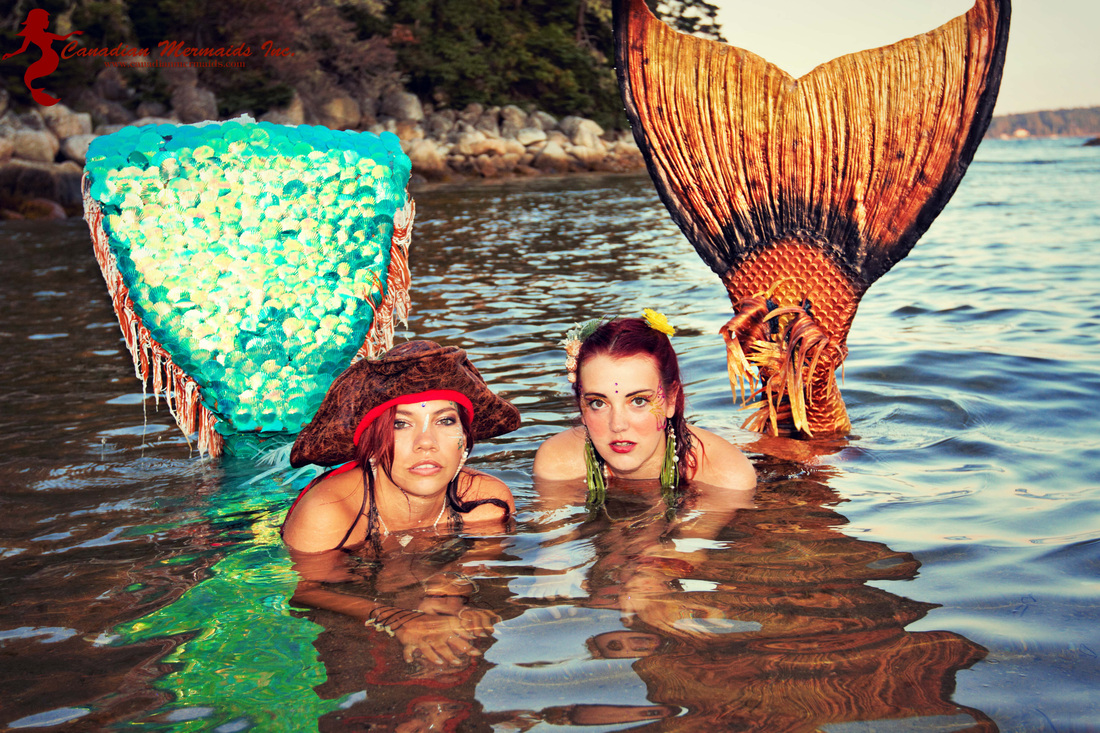
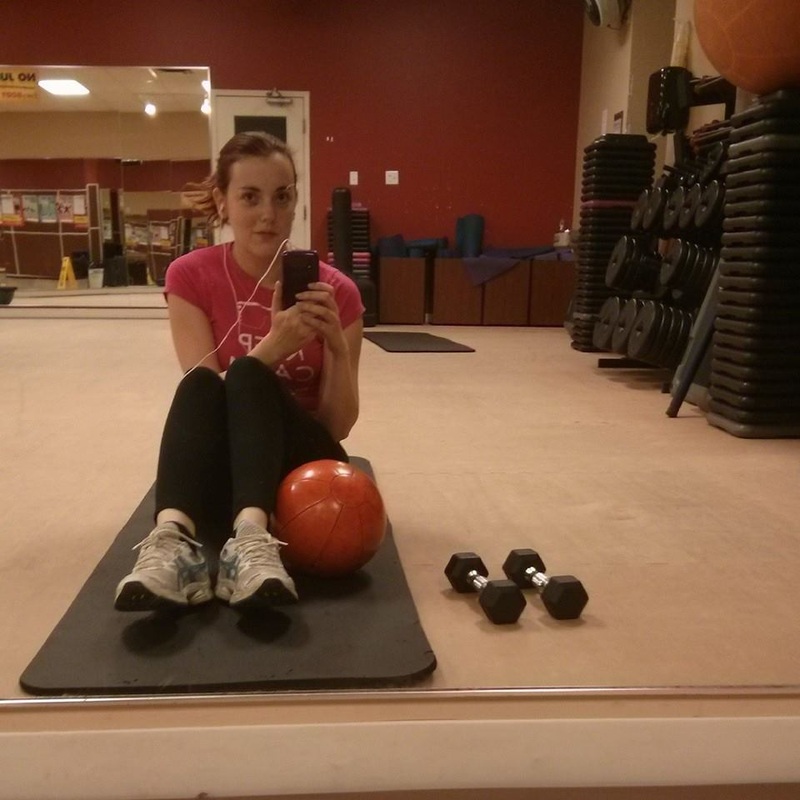
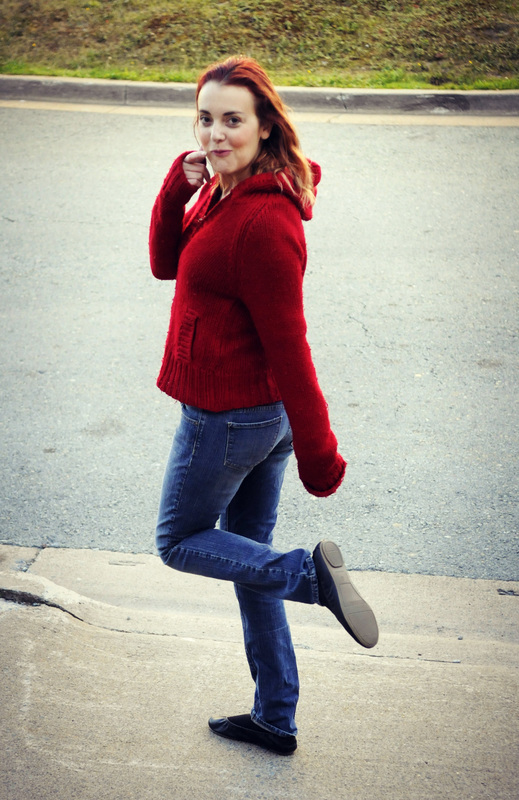
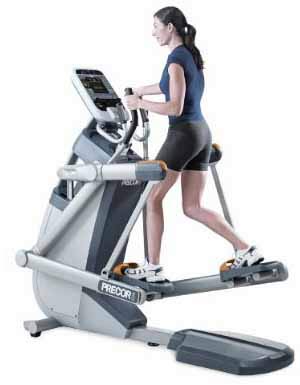
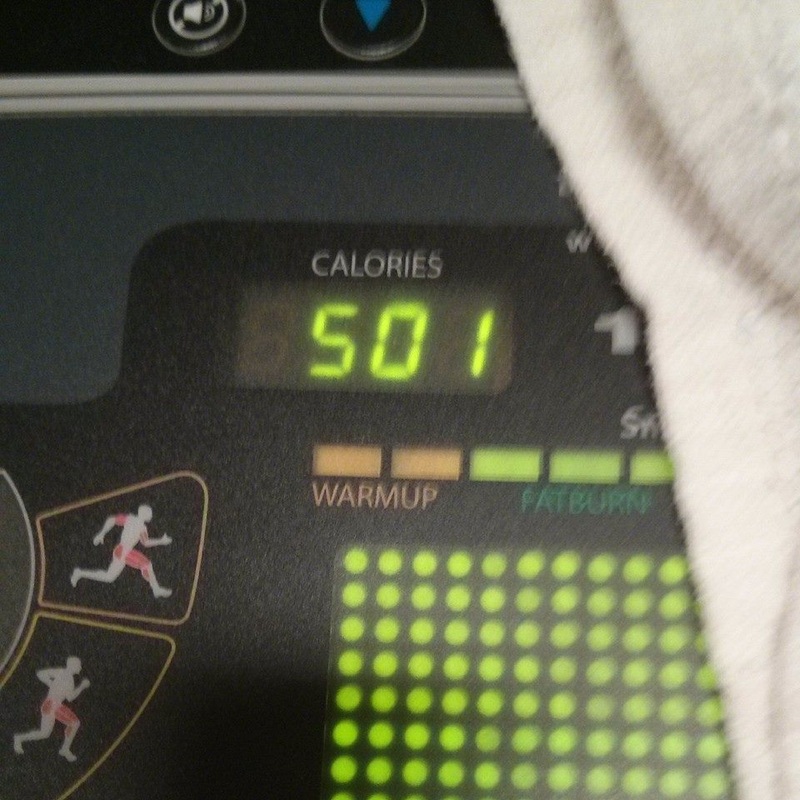
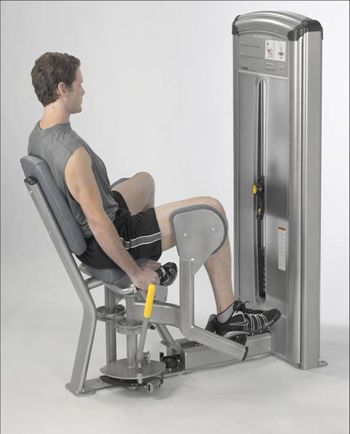
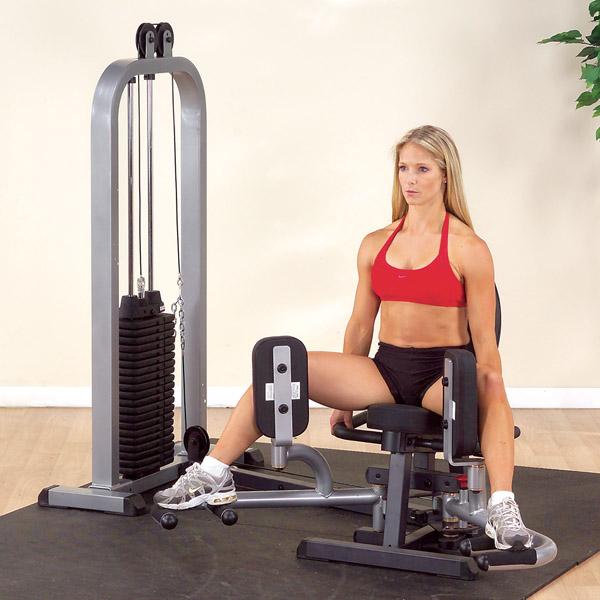
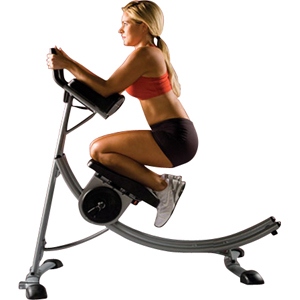
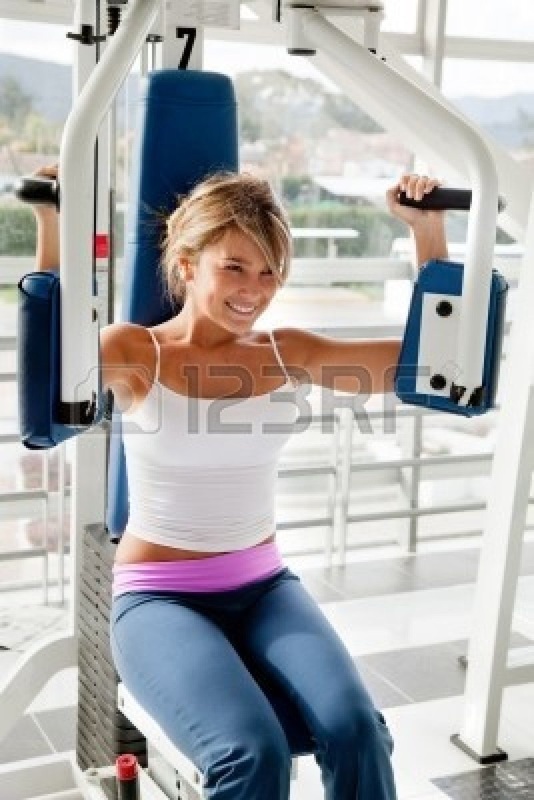

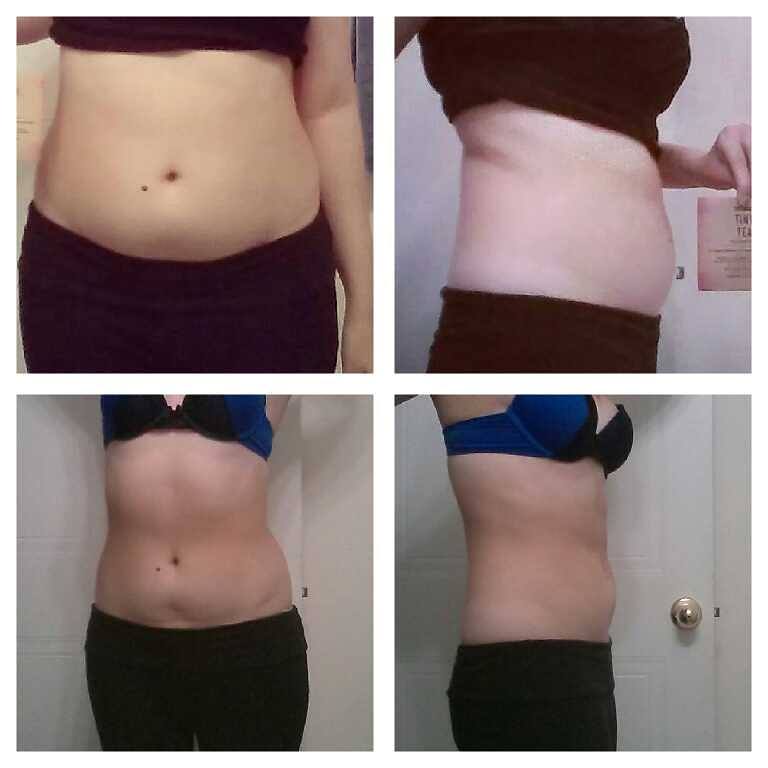
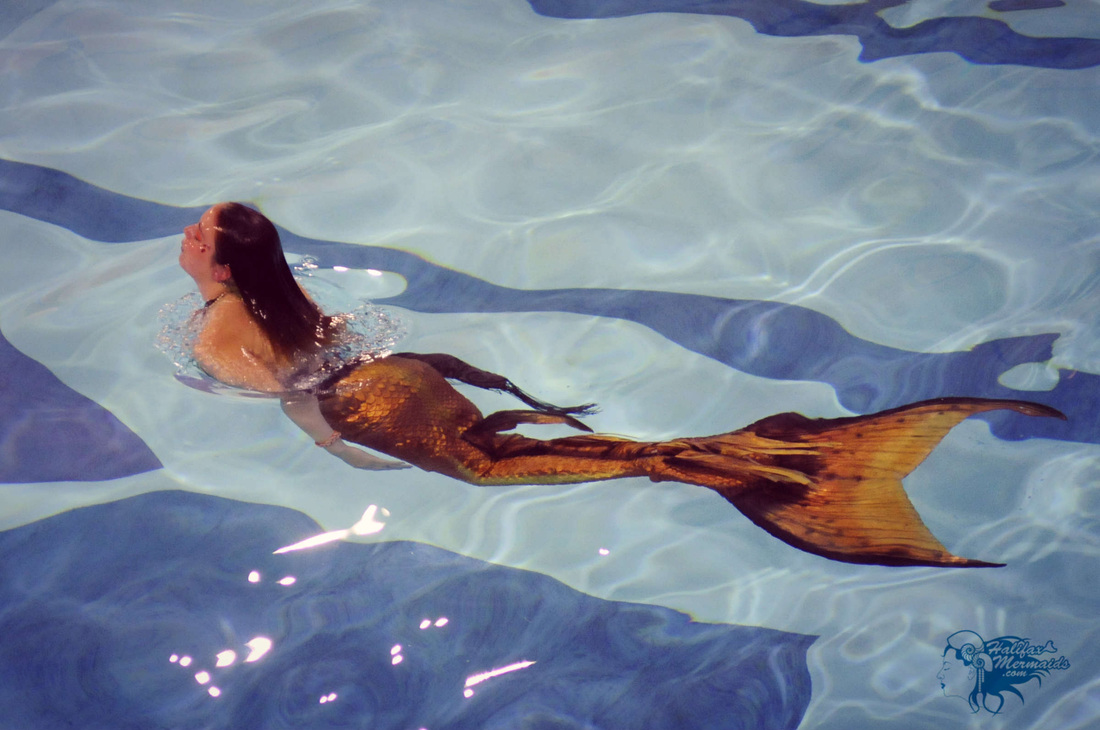
 RSS Feed
RSS Feed
